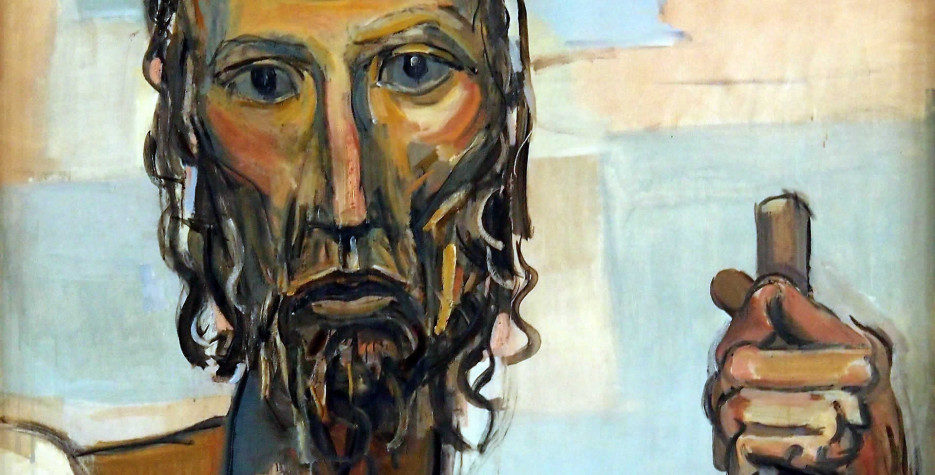When it comes to patron saints of countries, St. Patrick and Ireland is undoubtedly the most famous combination. Some people might know England (St. George) and Scotland (St. Andrew). There are a string of Caribbean islands named after their saints, mainly named by Columbus as he made his way westward to the new world.
Switzerland is a different matter, not many people (outside and inside Switzerland) would know that their patron saint is St. Nicholas of Flüe. Though as Nicholas was a hermit, hiding away may not be the best marketing strategy to make yourself a household name to resonate down the ages.
His feast day is a regional public holiday only in the canton of Obwalden in central Switzerland, but that's a good enough excuse to take a quick look at the life of this 15th-century saint.
Nicholas was born in 1417, though he wasn't called to a spiritual life until much later in life. He joined the army at the age of 21 and saw action in several regional spats between Swiss cantons. At 30, he married, fathering 10 children and serving as a judge for nine years after having left the army.
For most people at the time, the last paragraph would be enough to say it was a 'life well lived and then some', but Nicholas' life was to take an unexpected turn when he had a vision of a lily being eaten by a horse. Nicholas interpreted this seemingly innocent bucolic image as a divine sign to turn his back on the world and dedicate the rest of his life to spiritual matters.
In 1467, at the age of 50, he left his wife and children and became a hermit. It is said that his only food for the next twenty years was the bread and wine taken as part of the Eucharist.
He continued to have visions and the insights he gained became highly valued and sought out by people across Europe. He became known as Brother Klaus (German: "Bruder Klaus"). Another Saint Nicholas, from Turkey, was known as Sinterklaas to the Dutch, which is where Santa Claus gets his name from.
Famously his counsel stopped a civil war between the cantons in 1481, and this effort in maintaining the national unity of Switzerland is why he is the patron saint of Switzerland.
He was beatified in 1669 and his feast day in the Roman Catholic Church is March 21st (the date of his death in 1487), except in Switzerland and Germany, where it is September 25th.


